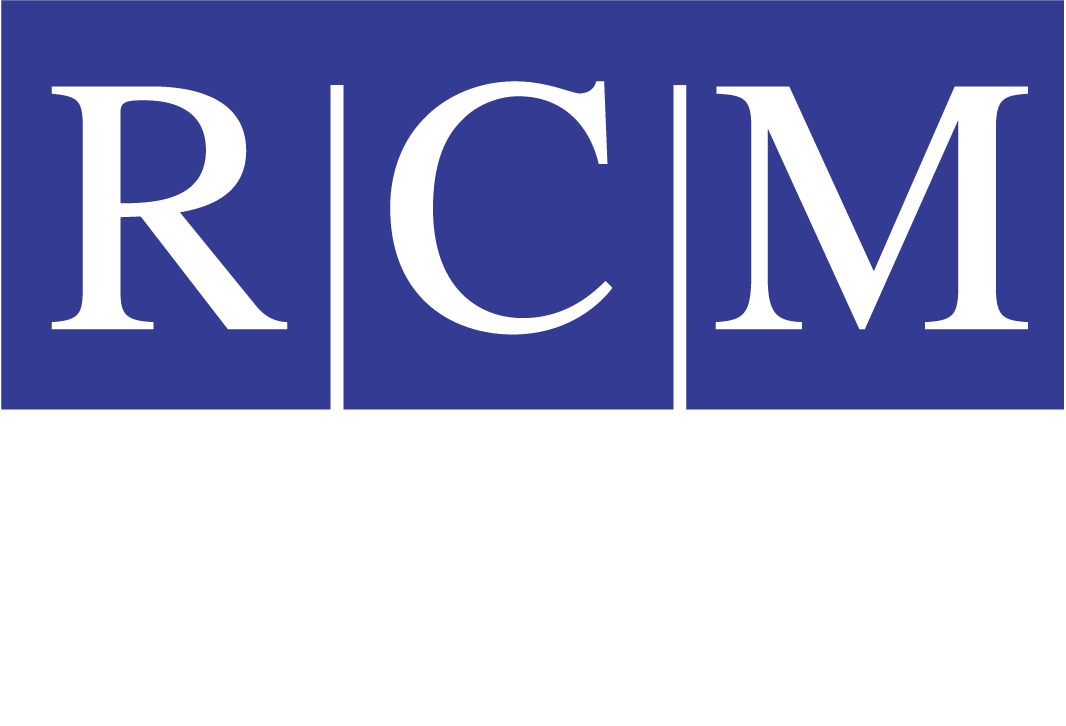 Real estate MLS listings often proclaim “HAFA Approved Short-Sale” as a key selling point for a listed short sale property. HAFA is the “Home Affordable Foreclosure Alternative” program. Part of the program is a process for pre-approving a short sale (a short sale is when a bank with a mortgage releases the mortgage in return for less money than is owed on the loan secured by the real estate). In theory, HAFA approved short sales should be quicker and less complicated than a standard short sale because the home seller applies to the program in advance and is provided with an approval based upon the seller obtaining a contract to sell at a certain price. HAFA short sales benefit a seller because, among other things, the Seller can get some relocation funds from the sale and can avoid being pursued for any repayment deficiency. The trouble is that even if a property is HAFA approved, there may be other parties that have a hand in blocking the sale.
Real estate MLS listings often proclaim “HAFA Approved Short-Sale” as a key selling point for a listed short sale property. HAFA is the “Home Affordable Foreclosure Alternative” program. Part of the program is a process for pre-approving a short sale (a short sale is when a bank with a mortgage releases the mortgage in return for less money than is owed on the loan secured by the real estate). In theory, HAFA approved short sales should be quicker and less complicated than a standard short sale because the home seller applies to the program in advance and is provided with an approval based upon the seller obtaining a contract to sell at a certain price. HAFA short sales benefit a seller because, among other things, the Seller can get some relocation funds from the sale and can avoid being pursued for any repayment deficiency. The trouble is that even if a property is HAFA approved, there may be other parties that have a hand in blocking the sale.
One third party lien holder is the PMI company in any loan where private mortgage insurance is involved. Often, all of the parties to a HAFA short sale (the buyer, seller, lender holding the mortgage on the real estate, real estate agents, buyer’s lender, and attorneys) are ready to go, when, out of nowhere, the PMI company throws a wrench in the deal and “opts out” of the HAFA approval and demands funds from the buyer, seller, or both.
When this happens, seller’s risk losing their deal and buyer’s can end up losing their new house or paying more for it. When a property is sold as a HAFA approved short sale, just remember, it is only half approved.
